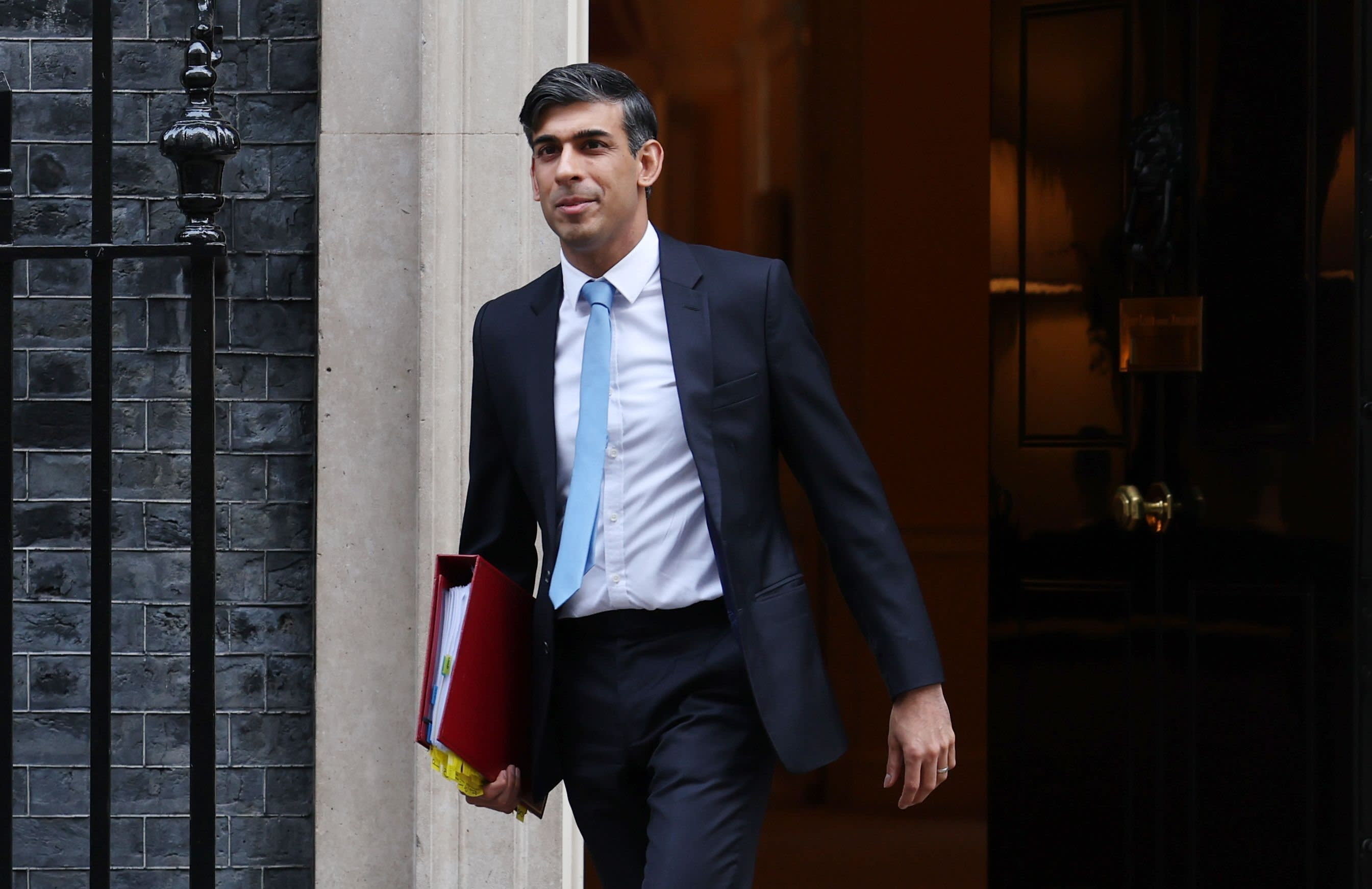
The Financial Services Compensation Scheme has forecast that its levy will rise to £415mn in 2024-25, with advisers set to contribute £140mn.
The lifeboat scheme’s latest Outlook document, published today (November 9), revealed the current forecast for the next financial year was £415mn but noted this figure was an early indication and subject to change.
Advice firms, which fall under the life distribution and investment intermediation class, will contribute £140.4mn to the levy, an increase from £101.1mn in 2023-24.
This rise of £39mn is due to lower expected surpluses being carried forward from 2023-24 to 2024-25 than were carried forward the year before.
The LDII class is expected to receive £53mn in provider contributions from other classes during 2024-25.
The compensation costs for the LDII class are estimated to be £224mn, which is a £42mn increase on 2023-24.
The main factors for this are:
- processing more defined benefit pension claims following recent failures;
- several Sipp advice decisions expected in 2023-24 moving into 2024-25 and beyond; and
- potential new firm failures in 2024-25.
The overall levy of £415mn is based on the FSCS’s expected compensation costs totalling approximately £457mn during 2024-25.
The FSCS also confirmed this year's levy would remain at £270mn, as forecasted back in May, with no additional levy from firms for the rest of the financial year.
Total compensation costs for the year are now forecast at £435mn, which is £36mn less than forecast in May.
Martyn Beauchamp, interim chief executive of the FSCS, said: “From a claims perspective, we have seen recent trends continuing. Most of our compensation continues to be paid out for poor financial advice and for legacy insurance provider failures - both of which include some of the most complex defaults and claims we handle.
“As referenced in previous Outlook updates, this continued complexity means we are always evolving our processes and structures so we can continue to make accurate and efficient compensation decisions for our customers.
“Over the coming months, my key focus will be ensuring FSCS is well positioned to remain a trusted, effective and future-fit compensation service.”
The FSCS was previously led by Caroline Rainbird until her sudden resignation in June.
Rainbird joined the FSCS from Royal Bank of Scotland where she was managing director of regulatory affairs until 2017.
Last month the FSCS appointed Beauchamp, director of a UK charities bank, as interim chief executive.
The recruitment of a permanent chief executive will start in line with the next FSCS chair’s first term, which is expected to begin in April 2024.
amy.austin@ft.com





